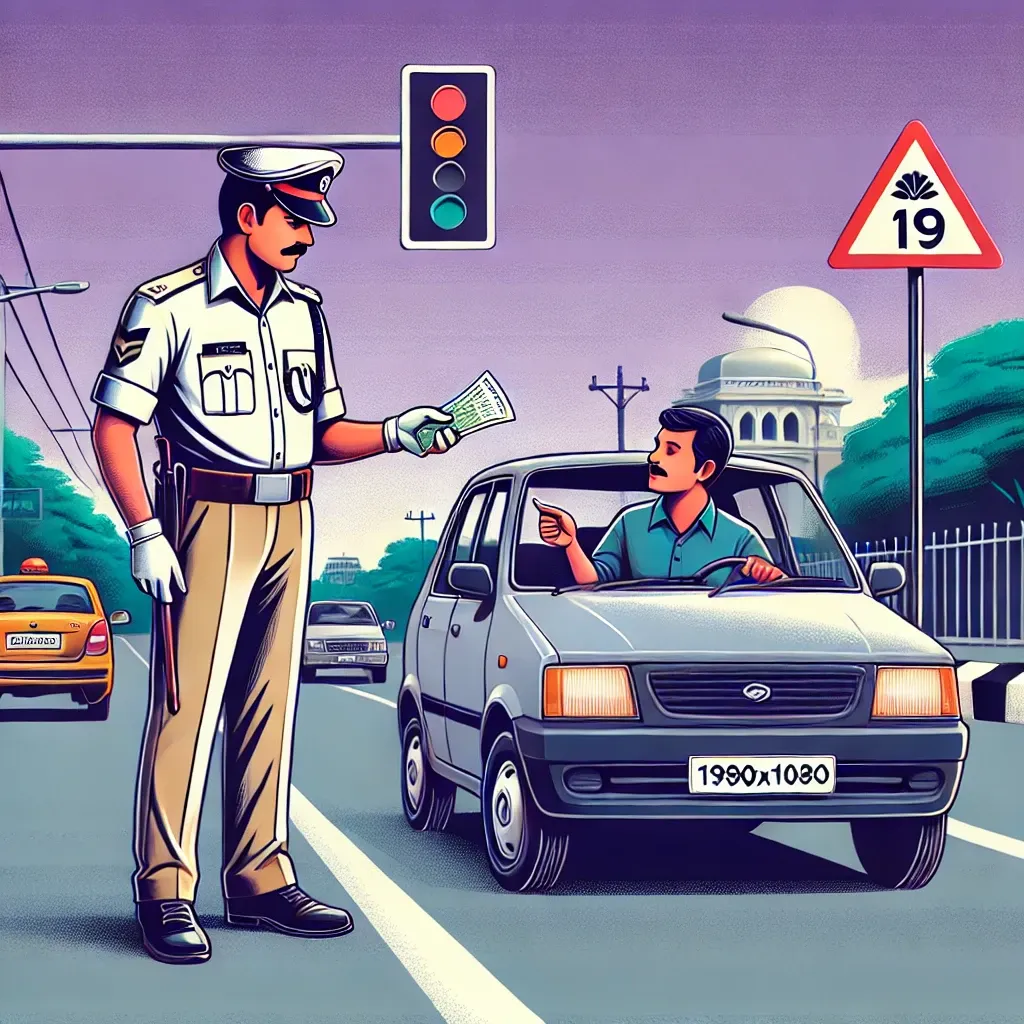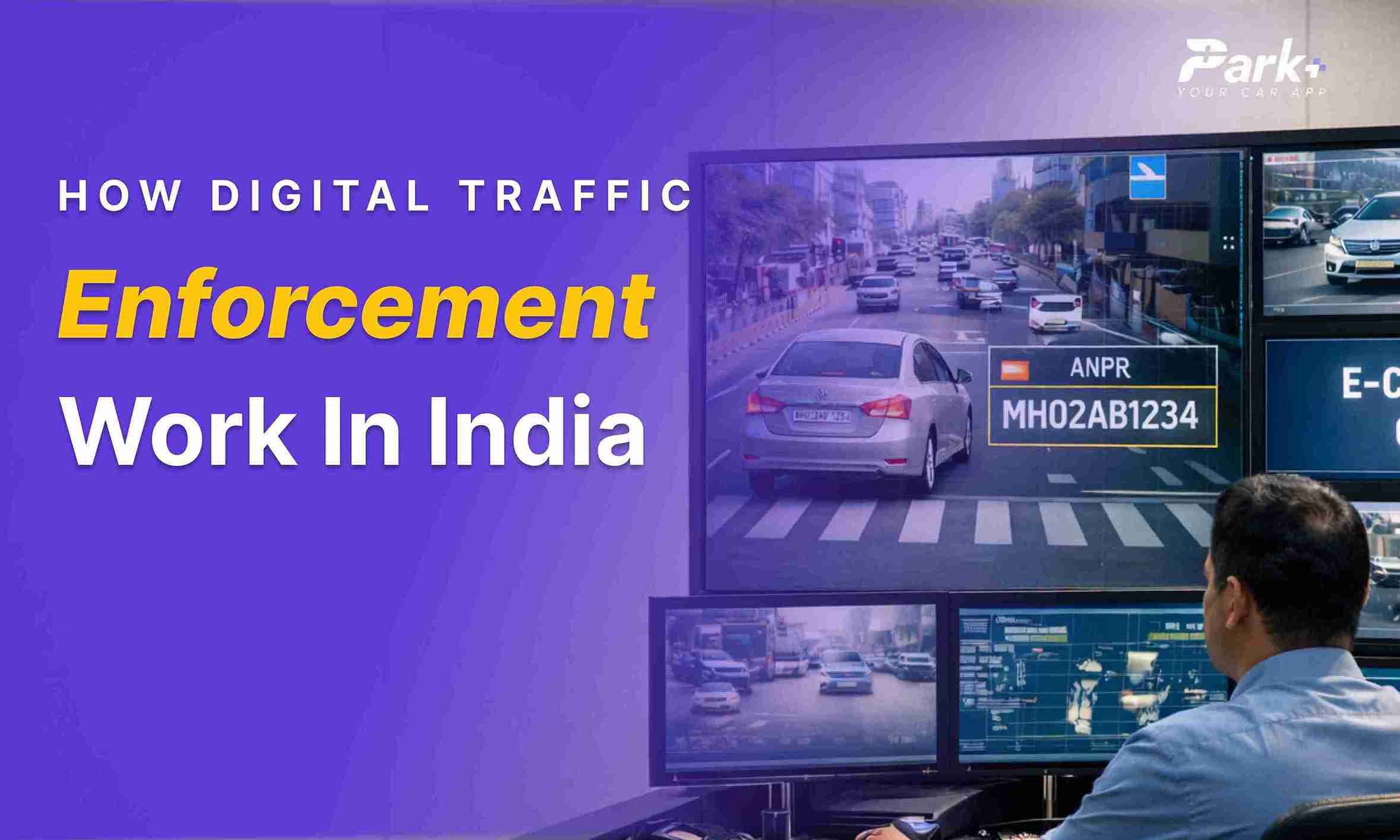The amount of traffic on our roads is constantly growing, which has resulted in a rise in the enforcement of traffic laws and fines. States in India have implemented rigorous penalty systems to guarantee traffic safety and deter infractions.
In this blog post, we explore the fascinating topic of traffic challan penalties, focusing on the variations between Karnataka and Sikkim. Both states strive to keep the peace on their highways, but their strategies and sanctions differ significantly.
Join us as we compare and contrast the challan fines in Karnataka, illuminating the various approaches to encourage road discipline.
The Legislative Framework
Sikkim and Karnataka have created traffic rules to control and manage road traffic properly. However, crucial elements, including the applicable acts, regulations, and authority, vary amongst the legal frameworks in these states.
The Motor Vehicles Act of 1988 and the Karnataka Motor Vehicles Rules of 1989 serve as the legislative framework for traffic laws in Karnataka. On the other hand, the Sikkim Motor Vehicles Act, 1979, and the Sikkim Motor Vehicles Rules, 1991, are principally responsible for regulating traffic laws in Sikkim.
These divergent legislative frameworks lay the foundation for the ensuing disparities in challan sanctions between the two states.
Classification of Offenses
The categorization of traffic violations is a key distinction between the challan penalty systems in Sikkim and Karnataka. Compoundable and non-compoundable offences are the two categories into which offences in Karnataka are divided.
Also Check:- Sikkim RTO Details
Smaller infractions like faulty documentation and parking violations are compoundable offences that can be resolved by paying the required fines. On the other hand, non-compoundable violations are more severe and necessitate judicial action.
In Sikkim, traffic violations are roughly divided into non-compoundable charges that require court appearances and compoundable offences, which can be resolved by paying the specified penalty.
Challan Penalties for Common Offenses
Let's explore Karnataka and Sikkim's fines for basic traffic violations. Running a red light in Karnataka will be worth a fine of Rs. 1,000 for the first offence and Rs. 2,000 for the second offence.
Driving without a license results in a Rs. 2,000 fine and Rs. 3,000 for repeat violations. Running a red light in Sikkim will impose a penalty of Rs. 500 for the first instance, and Rs. 1,000 for repeat offences.
Sikkim traffic law fines drivers without licenses Rs. 1,500 for the first offence and Rs. 2,500 for consecutive crimes. These sanctions show how the two states tackle traffic offences differently.
Speeding and Rash Driving Offenses
Speeding and reckless driving on Indian roadways will result in severe fines. Overspeeding in Karnataka can result in a fine of up to Rs. 4,000. Driving carelessly or dangerously imposes a penalty of Rs. 1,000 for the first violation and Rs. 2,000 for the second offence.
In Sikkim, overspeeding can result in a fine of Rs. 1,000 for the first offence and Rs. 1,500 for the second offence. Sikkim's rash driving fines are higher, starting at Rs. 1,500 and rising to Rs. 2,500.
Drunken Driving and DUI Penalties
The risk of driving while intoxicated (DUI or driving under the influence) by alcohol or drugs is very high. For the first offence, drunk driving in Karnataka carries a maximum six-month prison sentence or a fine of Rs. 10,000. If the offence is repeated, the punishment could be up to two years in prison and a Rs. 15,000 fine.
Sikkim has more severe penalties for this infraction, including a fine of Rs. 15,000 for a first offence, Rs. 20,000 for subsequent violations, and up to two years in prison. These disparate punishments highlight the different strategies Karnataka and Sikkim have used to fight the serious problem of drunk driving.
Also Read:- Karanataka RTO Details
Measures to Promote Compliance
Karnataka and Sikkim have instituted measures other than criminal penalties to encourage drivers to follow the law. Karnataka has adopted tech-driven solutions, such as traffic surveillance cameras, to monitor infractions successfully. The state also regularly organizes sensitization programs, traffic safety courses, and awareness campaigns to help educate the public.
On the other hand, Sikkim places a premium on citizen participation by hosting road safety events, workshops, and interactive sessions with the local population. The states' dedication to promoting a culture of compliance and safe driving is on full display in these varied measures.
Points-Based System
Sikkim has implemented a points-based system for challan punishments to discourage repeat offenders, but Karnataka does not. The Sikkim Motor Vehicles Act assigns points for traffic infractions, and if a particular number of points have been accumulated, the offender's license may be suspended or revoked. This innovative strategy urges drivers in Sikkim to drive cautiously constantly.
Conclusion
As we wrap off our comparison of Karnataka and Sikkim's challan fines, it's worth remembering that both states are working toward making their roads safer for everyone. Both Karnataka and Sikkim have taken substantial measures to control traffic, deter infractions, and encourage responsible driving.
However, they may have taken these efforts differently or with different punishments in mind. The specific traffic problems of each state can be better understood with an awareness of these distinctions. Karnataka, Sikkim, and all of India's states can achieve their shared aim of providing their citizens with a safe and effective road system by constantly improving and adapting their systems.
Don't let challan penalties ruin your day check challan and say buy to worries join thousands of satisfied users who have embraced Park+ as their road safety companion. Download the app today and take charge of your journey toward a safer, more responsible driving experience. Get the Park+ app now and drive with confidence!




